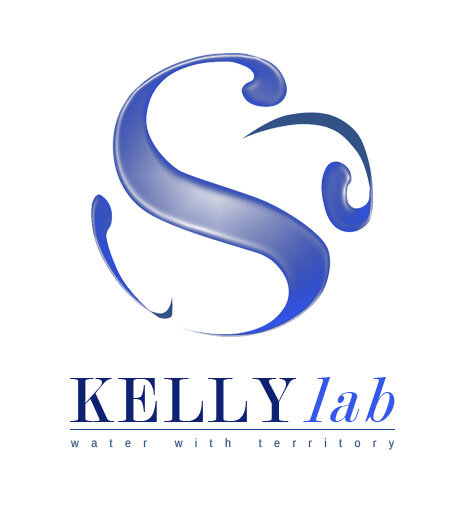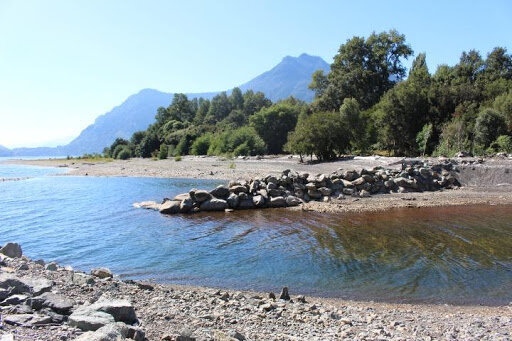The Rivers Still Breathe Book Project
My current book project, “The Rivers Still Breathe: Collaborations for Knowing Waters in the Willimapu, Southern Chile” examines a decade of collaborative intercultural and interdisciplinary research on water and sovereignty in the Willimapu, southern Chile. Water is a site of political contests over sovereignty around the world. This book project frames these contests as water sovereignties, specifically focusing on how ontological claims are shaping these political debates. The Rivers Still Breathe is an ethnography of Indigenous struggles for environmental justice to protect and heal waters. Dreams, rains, and colonizations clash in the remaining biodiverse temperate rainforest mountains of the Willimapu, southern Chile. I explore three tensions related to: 1) dispossession and Indigenous resurgence; 2) Chile’s green state aspirations and its enduring neoliberal legacy; and 3) what constitutes science in current contestations. The book draws from a decade of ethnographic and community-based participatory research guided by Mapuche-Williche ancestral communities. Williche territory is positioned on what I call the hydro-extractive frontier – where capitalism uses water extraction and perpetuates ecological imperialism in the Global South. This creates slow disasters. In the book I tell stories about how and why long-term, collaborative, and interdisciplinary research guided by local people is needed to respond to climate crises. And, why market systems must be transformed to make environmental justice possible. Despite the ongoing challenges of settler colonialism, Indigenous-led efforts to know water embody sovereignties that open alternative futures.
Research Projects:
Intercultural Water Transects
In March 2022 Sarah coordinated an intercultural and interdisciplinary research team with Antumalen Antillanca and Claudia Antillanca, from Huapi Island in the middle of Lake Ranco.
In February 2021 Sarah facilitated an intercultural water quality study guided by the Mapuche-Williche community of Isla Huapi with collaboration from Drs. Manuel Tironi (sociologist; UC-CIGIDEN-NUMIES), Pablo Pastén (environmental engineer; UC-CEDEUS) and Alejandra Vega (environmental engineer; UC-CEDEUS).
From 2014-2020 Sarah conducted collaborative research on small hydropower development and cultural impacts with Mapuche-Williche Alianza Territorial Puelwillimapu. Click ‘Full PDF’ below to read a report in Spanish or visit Publications to access her doctoral dissertation and other related publications.
Digital Participatory Mapmaking Tools for Just Futures
During the pandemic, Sarah joined a collaborative mapping project between independent journalism collective, Mapuexpress, and the Center for Integrated Management of Disaster Risks (CIGIDEN) to create open source map tools for disasters. This is a line of work she plans to expand with different teams in the future.
Legal Geography for Environmental Justice
Kelly Lab and lawyer Felipe Guerra are advancing their legal-geographic collaborations to support Mapuche-Williche research in court cases. Sarah and Felipe are currently working on their third court case collaboration and one International Indigenous rights proceedings.




